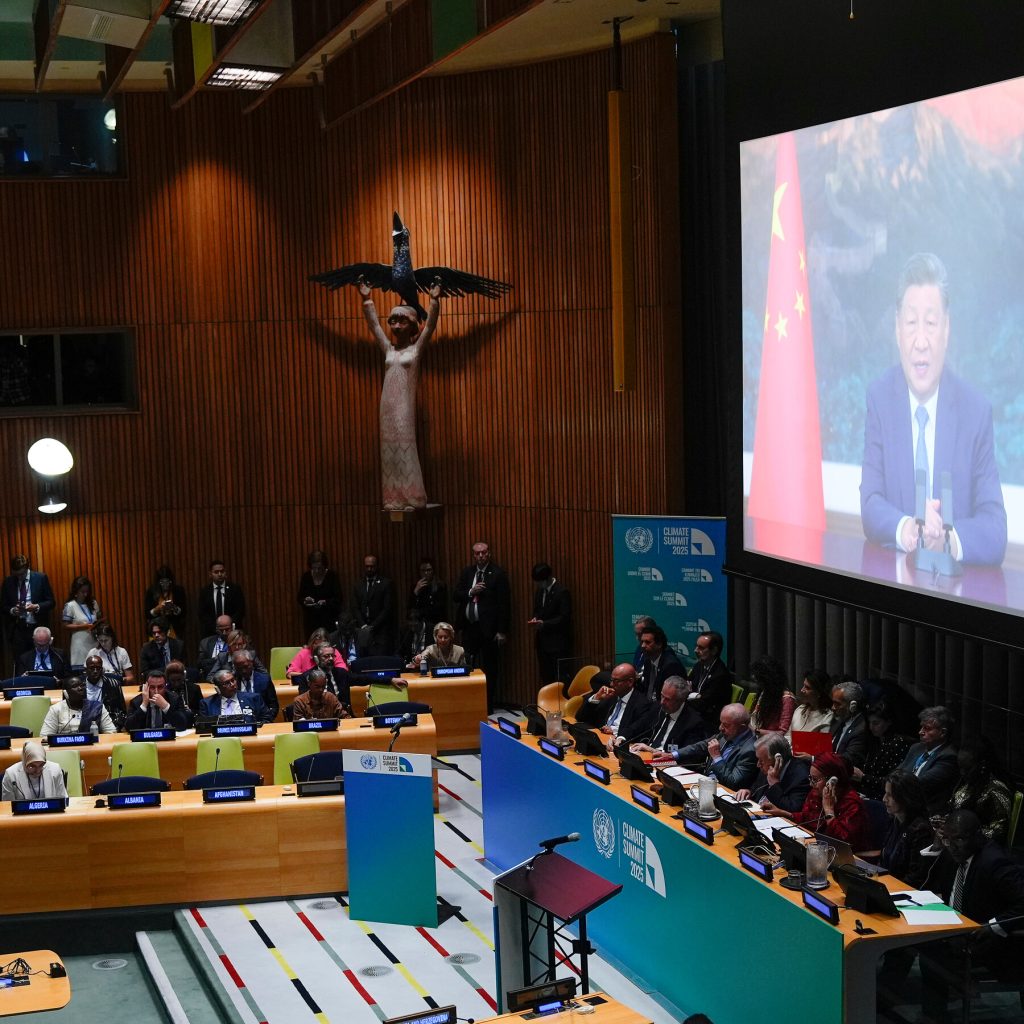Trump Officials Prepare Tariff Exemptions, Seeking to Lower Food Prices
Background
Since taking office, President Donald Trump has championed a protectionist trade agenda, imposing higher tariffs on a wide range of imports to boost domestic manufacturing. While the policy has been praised by some industry groups, critics argue that it has contributed to rising consumer prices, especially for everyday essentials such as food.
Details of the Proposed Exemptions
The administration is now considering a targeted rollback of these tariffs on a select list of agricultural products. Key components of the proposal include:
- Temporary duty‑free status for imported wheat, corn, and soybeans.
- Reduced tariffs on processed foods that contain these raw ingredients.
- Special exemptions for goods destined for low‑income communities.
The plan would be implemented through a series of tariff exemption orders issued by the Office of the United States Trade Representative, pending congressional review.
Potential Impact on Food Prices
Proponents contend that lowering import costs will translate into cheaper groceries for American families. Analysts estimate that the average household could see a reduction of 2‑4 percent on their monthly food budget, depending on regional consumption patterns.
However, some economists caution that the savings may be modest and could be offset by other factors, such as supply chain disruptions or fluctuations in global commodity markets.
Political Reactions
Supporters within the administration argue that the move reflects a pragmatic approach to “affordability” without abandoning the broader goal of protecting American jobs. Senator John Smith (R‑TX) praised the initiative, stating that “we must balance our trade strategy with the real‑world needs of our citizens.”
Conversely, trade hawks warn that the exemptions could undermine the credibility of the tariff regime and encourage other countries to demand similar concessions. Representative Maria Lopez (D‑CA) expressed concern that “this could set a precedent that weakens our negotiating position on the global stage.”
Next Steps
If the proposal advances, the Trade Representative’s office will publish a detailed list of eligible products and the timeline for implementation. Congress is expected to hold hearings within the next few weeks to assess the economic implications and to determine whether additional legislative measures are needed.
Regardless of the outcome, the initiative marks the latest adjustment to President Trump’s signature economic policy, highlighting the administration’s willingness to modify its trade stance in response to domestic affordability concerns.





